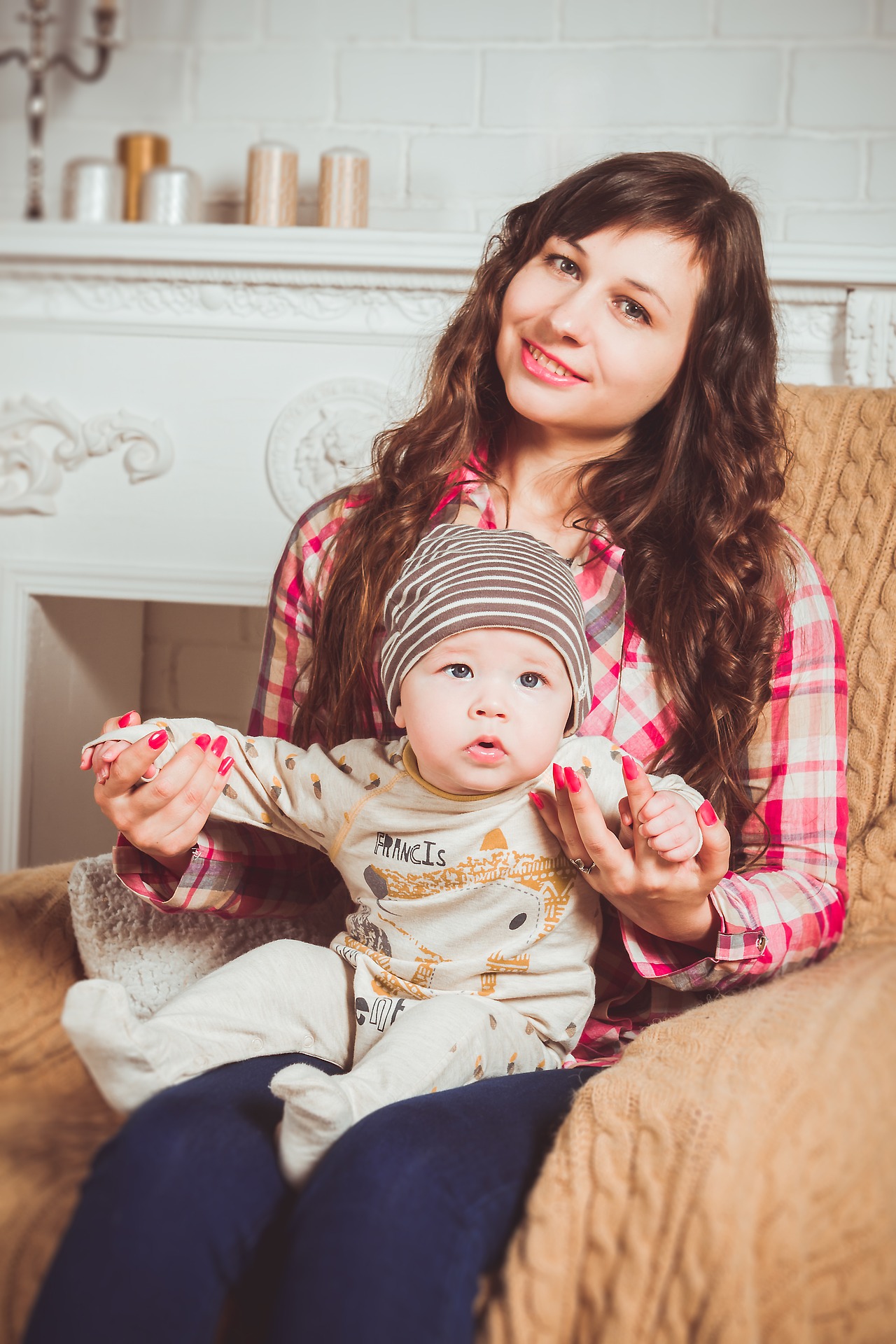
With all the wine time talk out there, when it comes to alcoholism, no one seems to understand what alcoholism looks like in the eighty-percent of alcoholics who attend college, have jobs, go on vacation, go out with friends, and visit or have families of their own.
Here’s a glimpse of the type of alcoholics that I most often come in contact with: She looks like the beautiful daughter with perfect teeth that you sent off to college, your heart bursting with pride and prayers that she may find all the joy that life has to offer. She looks like the exuberant cheerleader who’s slated to graduate high school next year. She’s your daughter who has a husband, three kids and she teaches fifth grade. She’s the woman you see at Pilates, the gym, and Whole Foods Market. She is the young mom who’s been drinking since she was a freshman in high school, but all of a sudden she realizes she can’t stop, but who cares. Everyone drinks so it’s fine, right?
Too many young women are intimately familiar with blackouts, but no one calls them blackouts, because that makes it all sound a bit too sinister. Instead, your daughter and her friends may say things like, “Oh, I didn’t remember that happened last night,” or “Are you sure I said that? Really?” Young women brush off these memory lapses while pouring wine in the kitchen, because why overreact—doesn’t everyone forget a thing or two now and then?
Even with those sorts of red flags flyin’ women are reluctant to believe that their already dysfunctional drinking could be anything close to alcoholism—but it is. When did we stop being taken aback by college students who pass out; women who stagger, blackout, and have slurred speech. I’ve seen far too many young moms drinking wine around their babies, and what about the wasted hours spent nursing a hangover? Somewhere along the line society has become okay with women who have budding alcohol problems, yet too many young women are so sure it will never happen to them, but ironically—it’s happened. They’re already there.
I see them everywhere. These are young women who appear to have it all together, but if they’d get honest—they’d admit that although outwardly all looks well—internally—they’re disintegrating. They feel anxious; fearful, restless, irritable, depressed, and they can’t seem to put her finger on why they’re not content—why it feels like something is missing.
Alcoholism looks like the young professional woman who wants to find that perfect mate or a purpose for her life, but she can’t seem to sort it all out and pull it all together because between the bouts of drinking, sweaty workouts at the gym, (you have to sweat out all the booze, and many women think that a real alcoholic wouldn’t be able to get to the gym like they do), and the minimal time they have to actually have a life because the job pressures continue to mount…is it any wonder that more and more young women find themselves caught up in a vicious cycle with little time or inclination to discover who they are, what they like, and where they’ll end up if they keep drinking like this?
Alcoholism is the sort of thing that sneaks up and grabs you by the throat. No one ever sets out to be an alcoholic, but it creeps up slowly, and in some women, quickly, but the subtle signs are always there—the problem is that no one wants to believe what they see.
The young alcoholic is also the woman who is preoccupied with self and she thinks of little else but herself: her work, her problems, her figure, her hair, and her life. It’s the young woman talks about doing all sorts of things, but never actually gets around to doing any of them because she’s too busy sitting at the bar. It’s the woman who feels insecure—unless she’s drinking and then she feels okay. It’s the woman who drinks “at” her resentments, her hurts, her fears, and has so few coping skills that she’s not even aware that alcohol has become her number one solution to change the way she feels.
Another early symptom of a drinking problem is that after a few drinks there’s a personality shift. Some people go from shy to outgoing, others may swing from sweet to mean, and still, others can become erratic and loose.
Intense feelings are what drives most alcoholics to drink. Who wants to feel all that anger, fear, the self-pity, resentments? Alcoholics tend to be overly sensitive. They make everything about them. They harbor feelings they can’t handle well, and alcohol becomes the balm to soothe the soul.
Someone in the throes of alcoholism may not even realize this is where she is, but the sadness, the loneliness that creeps up out of nowhere and envelopes her—and she may wonder, is this all there is? Why do I feel so empty? Why do I keep pouring booze down my throat thinking it will fill me up? For some women, they may know deep down that their drinking isn’t normal, but they don’t care. They may decide, everyone does it and I’d rather be numb anyway.
When you know the disease, it’s easy to spot—it’s in the vacant stares that accompany women who drink to excess and laugh about getting IV hydration after a weekend bachelorette party that everyone knows was more about the booze than it ever was about the bride, though not one of them will admit it.
The stigma of the word alcoholism keeps people from owning up or getting honest about their drinking. Age is a factor too. It’s hard to think of yourself as having a budding alcohol problem when you’re only in your twenties. I quit drinking in my late twenties and getting over the age hump was huge. I thought you had to be an old crusty guy under the bridge to qualify, and my life looked nothing like that. I was never a daily drinker. I never had any consequences. I never had a blackout, but I can tell you that when I did drink, my personality changed. When I drank, I seemed to have a hard time finishing worthwhile things, like college. I had a lot of drama in my relationships. It wasn’t until I quit drinking that I went back to school finished my education and even graduated valedictorian of my class. I also learned how to build healthier relationships. Without alcohol in my life, I felt so much better about myself, and the direction where I was headed.
We need to stop rationalizing abnormal drinking:
It’s not social drinking if you have to spend the next day recovering on the couch from a hangover—that’s binge drinking. It’s not social drinking to continue to go out with that friend who had a DUI, or worse, killed someone when that friend was drunk, yet you justify drinking with them anyway. It’s no longer social drinking when you miss the mark every time and drink more than you intended. It’s no longer social drinking when you go out on any given night and have five cocktails. If you’re drinking that much in one sitting, you’re drinking because you like the buzz. Any loss of control at any time is a warning sign. True social drinkers can go out and have a few drinks. A person with a budding alcohol problem cannot. They will drink three, four, or five or more drinks on any single occasion, and it may occur several times a week or more.
All of the aforementioned signs are subtle, and nine out of ten people that may be able to relate to these signs will ignore them, justify them, or rant I have no idea what I’m talking about. I’m used to those sorts of reactions because that’s what alcoholism does to people—it makes them defensive because it’s a disease of denial. No one wants to believe that they’re headed down the road of addiction—no one wants to admit that their daughter could have a serious problem, and in some cases, mom can’t acknowledge the disease in her daughter because then she’d have to look at her own drinking, and who wants to do that?
Reroute
I want women to know that you can quit drinking and redirect before things get totally out of control. I’m proof that anyone can stop early in their disease and change the whole trajectory of their life.
If we can learn from the mistakes of others, we can save ourselves years of self-manufactured hell. No one needs to mess up their lives. It’s about Raising the Bottom. If we understand what alcoholism looks like in the early stages, we can choose a different path.
I was grateful to be young and sober. I got to be a sober mom to my twins. I was able to be the role model that I intended to be. I look at where some of the women are now who I used to drink with—more than a few of them have had to deal with breast cancer, and that’s no coincidence.
Be Sober? You Can & You Will Love It!
Perhaps now that I’ve given you another vision of what a real alcoholic can look like—we can lose the stigma and once and for all stop thinking it can’t happen to you, your daughter, or someone who “looks” fine.

In recovery, our definition of fine is: Fucked-up, Insecure, Neurotic and Emotional.
The only thing certain about alcoholism is that there is no certainty. The disease has a way of sneaking up on people when they’re still at the party, and the one thing that you do need to know about alcoholism is that if you don’t do something about your disease it will do something about you.
